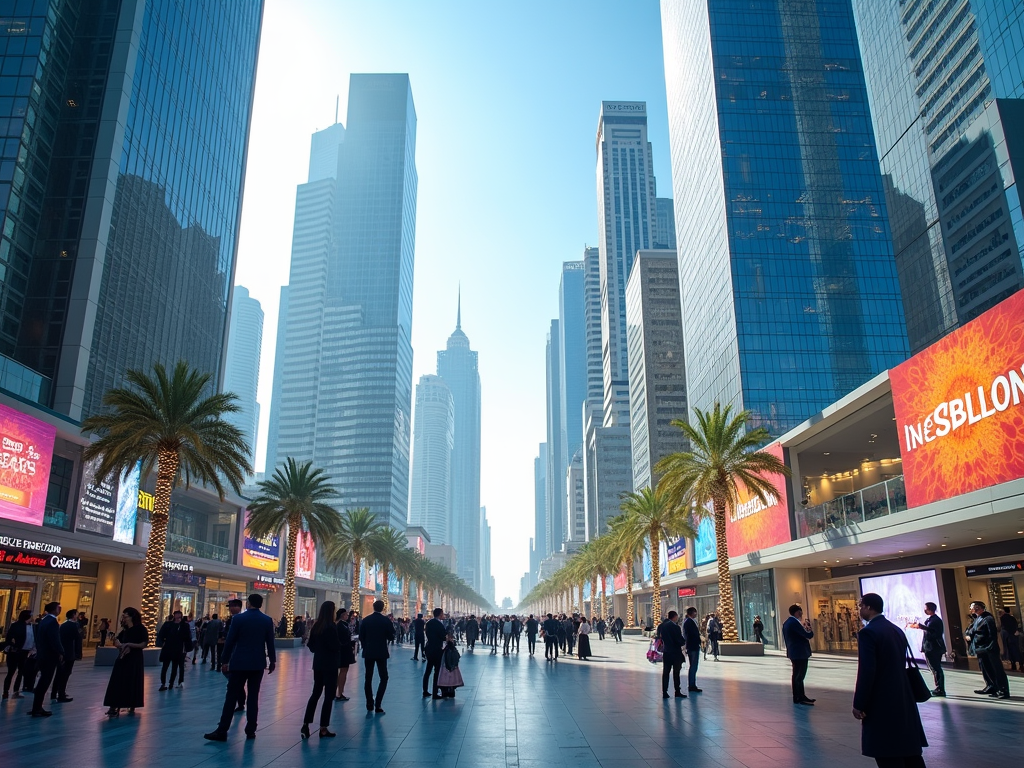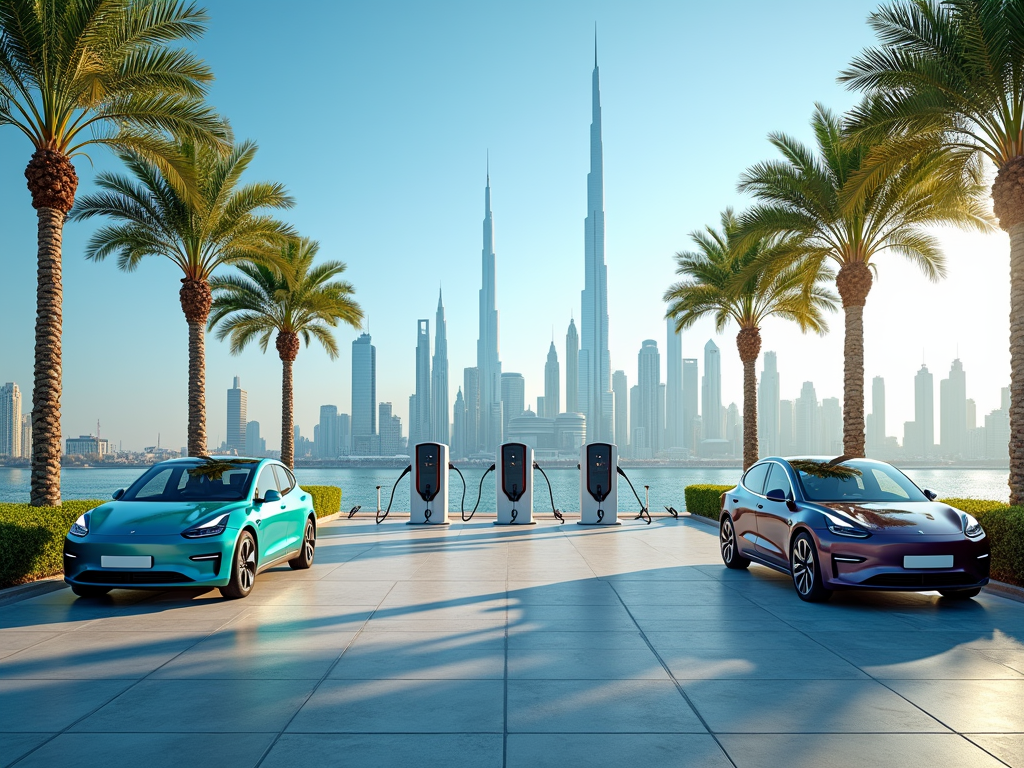Dubai is at the forefront of a remarkable digital transformation that showcases its commitment to innovation and advanced business practices. This Middle Eastern city has rapidly evolved into a global hub for technology and entrepreneurship, driven by the adoption of cutting-edge digital solutions. With an emphasis on smart city initiatives and e-governance, Dubai is not only reshaping its own economy but also serving as a model for other urban centers worldwide. This article will delve deep into the key facets of Dubai’s digital transformation, the innovative approaches to business, and the various initiatives that are setting benchmarks in the region.
The Smart City Initiative

One of the most significant elements of Dubai’s ongoing digital transformation is its Smart City Initiative, launched in 2014, which aims to make Dubai the happiest city on Earth through smart technology. This initiative integrates technology into public services to improve the quality of life for individuals and enhance efficiency in government processes. It encompasses various sectors, including transportation, energy, and public safety, leading to innovation that improves service delivery across the board. Here are a few key aspects of the initiative:
- Smart Transportation: The implementation of smart traffic management systems aims to reduce congestion and improve mobility.
- Smart Energy: Initiatives focused on sustainable energy include the use of solar technology to power public services.
- Smart Living: Digital services, including e-governance, facilitate seamless interactions between citizens and government entities.
Innovative Business Ecosystem

Dubai’s innovative business ecosystem is supported by various free zones and economic policies that attract both local and international businesses. The Dubai Multi Commodities Centre (DMCC) and Dubai Silicon Oasis are prime examples of how the city fosters entrepreneurship and innovation. These zones offer tax benefits, minimal regulations, and infrastructure that supports tech-driven companies. Importantly, the city also hosts numerous incubators and accelerators, thereby promoting startups. Some salient elements of this ecosystem include:
- Access to Funding: Businesses can tap into various funding sources, including venture capitalists and government grants.
- Networking Opportunities: Events like GITEX Global connect entrepreneurs with industry leaders and potential investors.
- Government Support: The UAE government actively invests in technology and provides a conducive environment for business growth.
The impact of digital transformation is most visible in key sectors such as healthcare, retail, and tourism. In healthcare, the Dubai Health Authority has introduced telemedicine and electronic health records, making healthcare services more accessible and efficient. The retail sector has embraced e-commerce and digital payment systems, transforming the shopping experience for consumers. Meanwhile, Dubai’s tourism industry capitalizes on virtual reality experiences and mobile apps to enhance visitor engagements. Here’s a breakdown of the transformative changes:
- Healthcare: Improved patient care through digital records and online consultations.
- Retail: The rise of e-commerce facilitates ease of purchase and minimizes physical interactions.
- Tourism: Technological innovations heighten visitors’ experiences and streamline service bookings.
Challenges Faced in Digital Transformation
While Dubai is making strides in digital transformation, there are several challenges that the city must navigate. Cybersecurity remains a paramount concern as businesses increasingly rely on digital infrastructure, leading to potential data breaches and threats. Furthermore, compliance with international regulations regarding data privacy poses significant challenges, necessitating robust legal frameworks. Other hurdles include:
- Digital Divide: Ensuring accessibility to technology for all residents, including those in lower-income brackets.
- Skill Gaps: Addressing the demand for a skilled workforce that can effectively utilize advanced technologies.
- Resistance to Change: Overcoming traditional mindsets in businesses that may be hesitant to adopt new digital practices.
Conclusion
Dubai’s digital transformation is a fascinating journey marked by innovation and a forward-thinking approach to business. Its successful Smart City Initiative, thriving entrepreneurial ecosystem, and technological advances in critical sectors highlight the city’s commitment to embracing the future. Despite the challenges, Dubai’s efforts position it as a leader in the global digital landscape, with potential lessons for cities looking to undergo similar transformations. As the world becomes increasingly digital, Dubai stands as a testament to what can be achieved through vision and technology-driven solutions.
Frequently Asked Questions
1. What is the Smart City Initiative in Dubai?
The Smart City Initiative in Dubai aims to enhance the quality of life through technology integration in public services, improving efficiency in governance while focusing on citizen happiness.
2. How does Dubai support startups and entrepreneurs?
Dubai supports startups and entrepreneurs through free zones, access to funding, networking events, and government initiatives that promote innovation and business growth.
3. What are the challenges of digital transformation in Dubai?
Challenges include cybersecurity threats, compliance with data privacy regulations, bridging the digital divide, skill gaps, and overcoming resistance to change within traditional organizations.
4. How has digital transformation impacted the healthcare sector in Dubai?
Digital transformation has improved healthcare services through telemedicine, electronic health records, and improved patient access to medical professionals and services.
5. What role does the government play in Dubai’s digital transformation?
The government of Dubai actively invests in technology, provides regulatory support, and promotes initiatives aimed at enhancing the city’s digital landscape and economic innovation.


